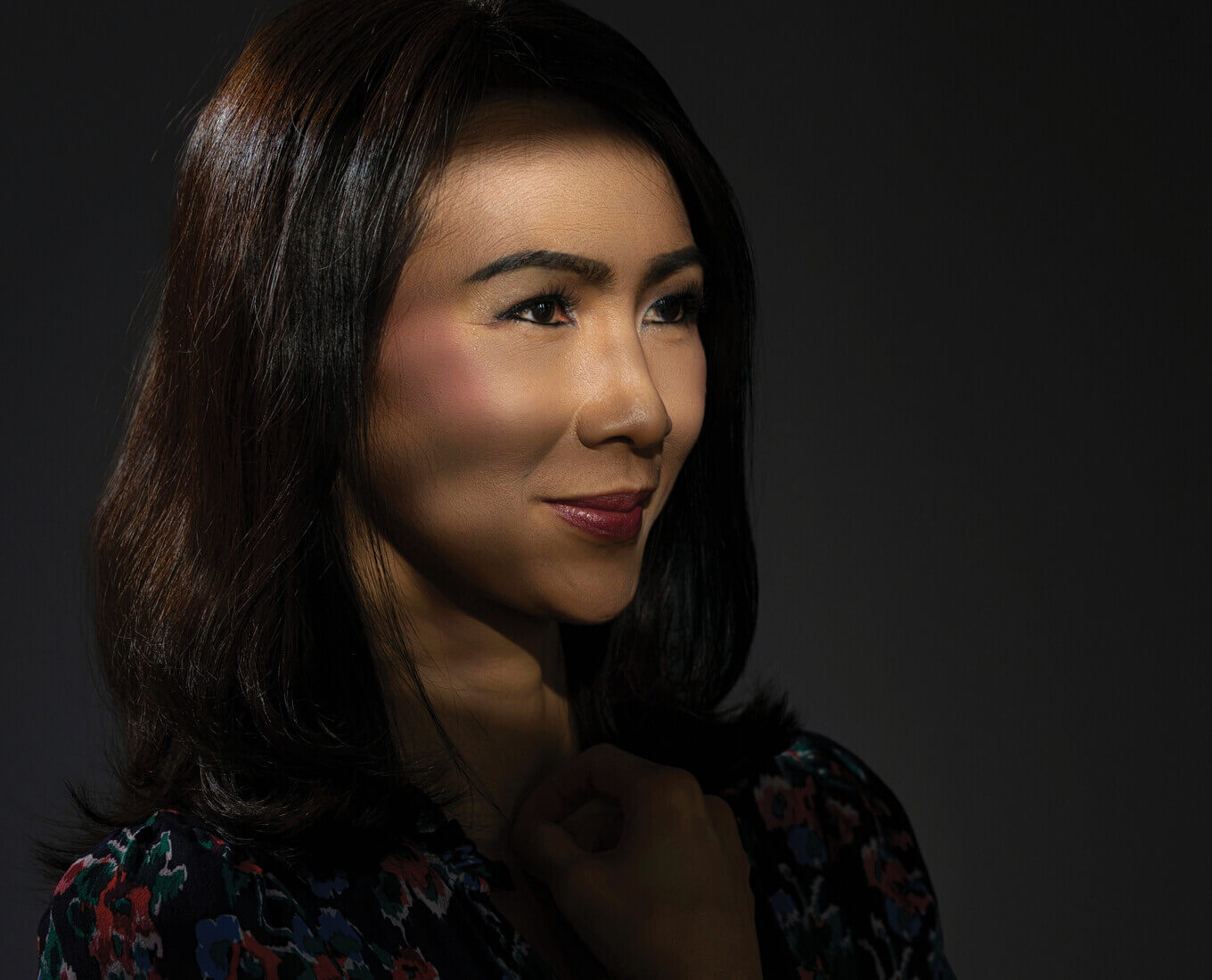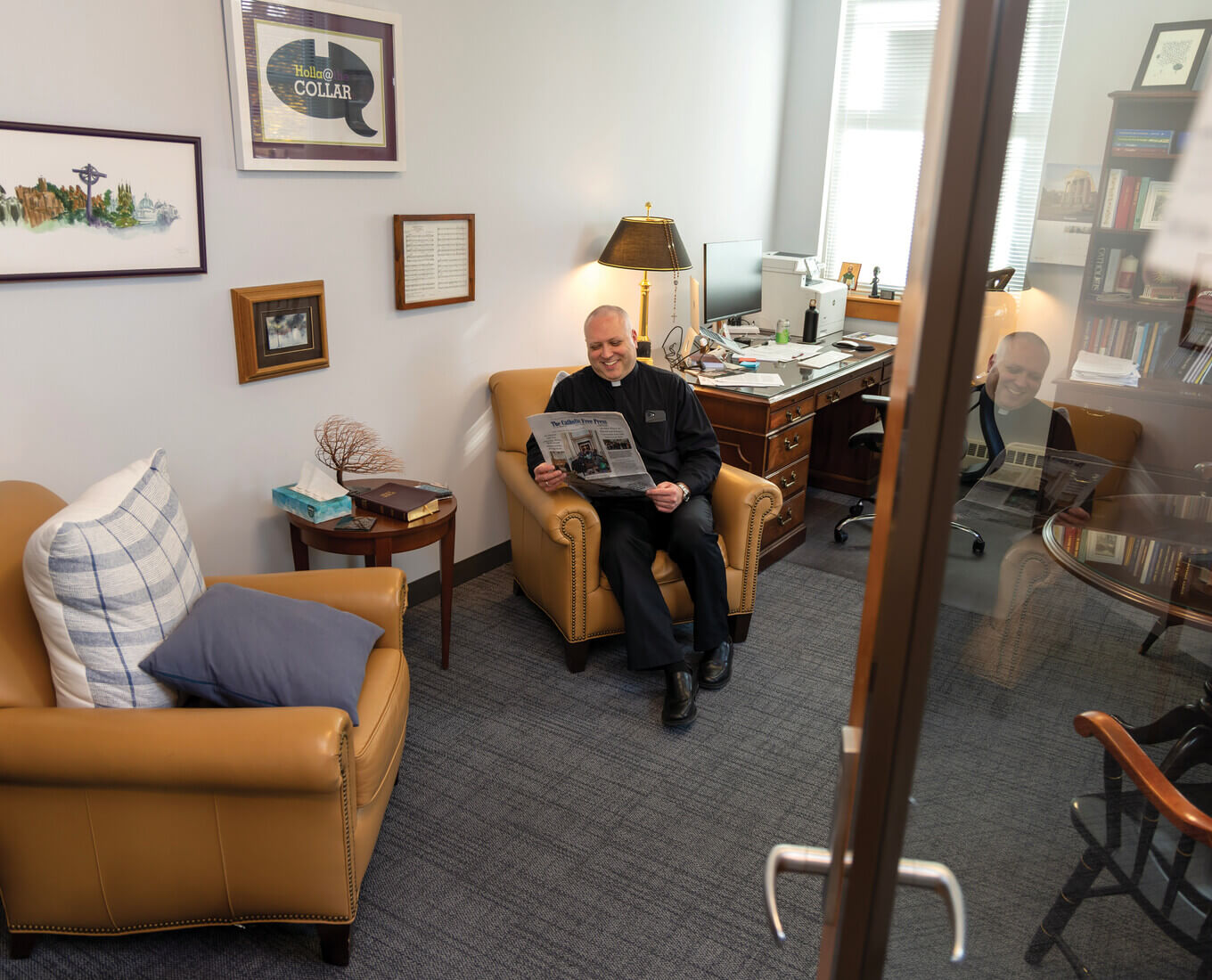Ines de la Fuente '25 wants people to stop thinking about entrepreneurship as a one-way, one-person path to success and happiness.
But, wait. Look to the media; thousands of stories of entrepreneurship ending in happily ever after can't be wrong: Tired of your toxic company culture? Create a mission-driven startup that reflects your values. Passed by for promotion? Incorporate and install yourself as CEO. Stressed out by deadlines? Set up a start-up, and your time's your own.
What if, however, the path to success and happiness in entrepreneurship isn't so linear — or so self-centered? Might it be better for a boss to lead with a focus on their own and others' happiness and human flourishing?
Such questions underpinned de la Fuente's honors thesis, "Happiness: A Startup Catalyst," written as part of the College Honors Program. And for de la Fuentes, who majored in economics, the year-and-a-half-long project was more than an intellectual exercise; it was an investigation into how a person might combine a professional pursuit with a drive to do good.
Family history accounts for de la Fuente's interest in entrepreneurship; her father founded a technology company. As for the focus on happiness, de la Fuente said it developed after taking several courses in the religious studies department and thinking about the mission of a Jesuit education.
"When I came to Holy Cross in 2021, I began to see my dad's story through a different lens," de la Fuente said. "My Jesuit education, especially the value of cura personalis — care for the human person — allowed me to understand success not in terms of outcomes, but rather in the importance of addressing someone's emotional and intellectual well-being as they navigate their academic and career paths."
Olena Staveley-O'Carroll, associate professor in the economics and accounting department, was one of de la Fuentes' thesis advisors.
"Ines is a very entrepreneurial student," Staveley-O'Carroll said. "She is very self-motivated and sets and achieves ambitious academic goals. She came up with the idea for the paper on her own.
"The work our students do covers a wide array of timely and relevant socio-economic questions (that they come up with themselves), and the high-quality final projects can make meaningful contributions to the field of economics by offering fresh insights into local, national, and even international economic issues," Staveley-O'Carroll added.
The experience of writing a thesis fueled her ambition and motivation, de la Fuente said, and she expects both will serve her well as she begins her career at PwC as a mergers and acquisitions advisory associate.
"My research highlights an alternative economic thought, where societal well-being is not just the goal, but a catalyst for economic progress," de la Fuente said. "And for happiness to drive innovation, societies must ensure individuals are happy at their cores. Then society can move toward an economic model that values human flourishing as much as economic success."

